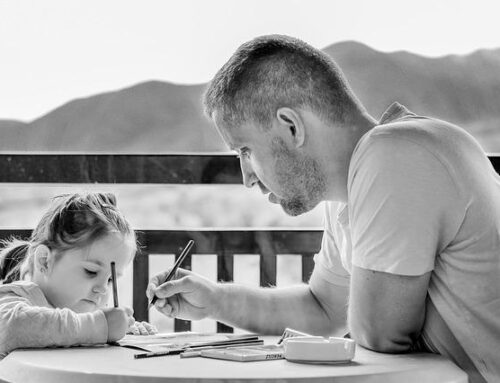The concept of unconditional positive regard can be explained in this quote. “As we develop our therapeutic relationship, you will come to know that this space is reserved for you to be your authentic self, without judgment from an outside source, without pressure to be someone you are not.”
This is something I make sure to incorporate with every initial session I have with my clients and reiterate whenever it feels needed. This concept of accepting my client where they are (which yes includes them wanting to make changes) is vital to establishing a space that is comfortable and inviting for each one of them.
Carl Rogers is someone a lot of therapists look to for his Client-Centered approach to therapy. This isn’t something that a therapist just checks the box within their intake appointment, if really incorporated into the therapeutic relationship, it is woven and brought up over and over again. The reason it continues to come up is because in our society we tend to put a lot of pressure on ourselves to achieve our goals. There is nothing wrong with having goals and working towards them, but we usually judge ourselves when we don’t meet ours or other’s expectations. This is where a therapist practicing unconditional positive regard comes in, we do not judge when you “fall short” of your goals or make you feel bad for it. We meet you where you are at in terms of your thoughts, emotions, goals, and every aspect of you, this is how we make that comfortable and inviting space that was mentioned earlier.
It is hard enough to talk to a stranger, especially if it is your first time in therapy. That is why the therapeutic space needs to be inviting, comfortable, and warm. As therapists, we don’t want you to feel like you are talking to a friend or a family member, we want there to be a difference, so that you can be your true self without having to change, depending on who you are talking to.
So, if your therapist accepts you as you are, some would say, well how do we work on change? Well, just because your therapist does not judge you or want you to be someone you are not, does not mean they don’t want to help you grow, change, and thrive. Therapists who practice unconditional positive regard don’t want you to stay stagnant, we just don’t judge you depending on how your journey takes its course. Sometimes we come to therapy and want to change our anger but in the process, we decide, we need to find out what our interests are, or work on our marriage, or anything else! This flexibility comes from a therapist wanting to “meet you where you are at” in terms of all those things.
As you find the therapist for you, remember to check in with yourself to see if you are being yourself. If not, ask yourself, do I feel like I am in a space to do so? Is the therapist sitting across from me accepting me as I am but also encouraging me to achieve what I want to in therapy? This is so important and really the foundation of all the work you will do together. You get to be picky about who you sit across from, whether it is via telehealth or face to face.





Leave A Comment